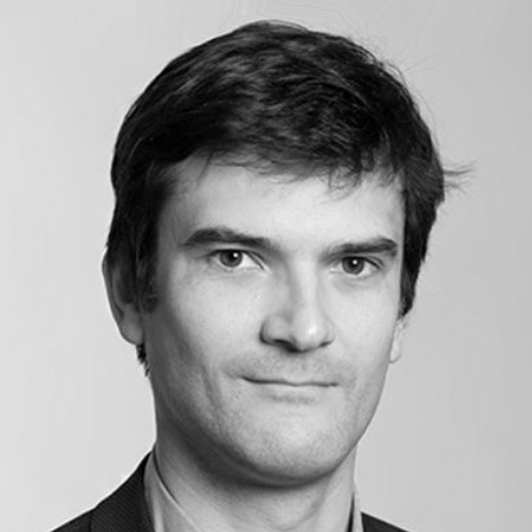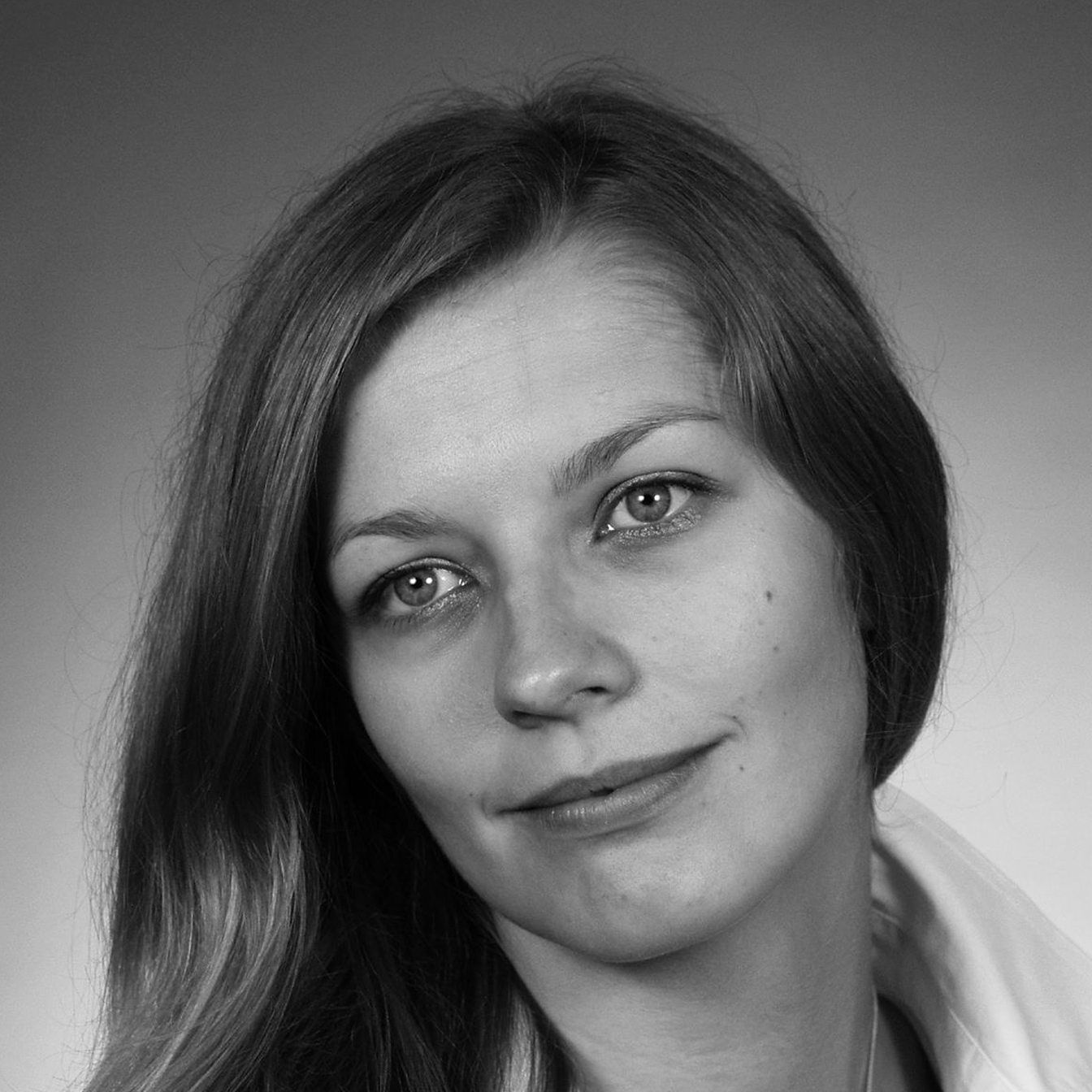Session 3C – Urban Analytics and Environmental Performance
Tuesday 30 March, 14:00 – 15:30 // Session Chair: Christiane M Herr
391 – Measuring Sustainability and Urban Data Operationalization
Tuesday 30 March, 14:00, Session 3C
Diellza Elshani, Bauhaus University Weimar
Reinhard König, Bauhaus University Weimar
Serjoscha Düring, Austrian Institute of Technology
Sven Schneider, Bauhaus University Weimar
Angelos Chronis, Austrian Institute of Technology
With rapid urbanization, the necessity for sustainable development has skyrocketed, and sustainable urban development is a must. Recent advances in computing performance of urban layouts in real-time allow for new paradigms of performance-driven design. As beneficial as utilizing multiple layers of urban data may be, it can also create a challenge in interpreting and operationalizing data. This paper presents an integrated computational framework to measure sustainability, operationalize and interpret the urban form’s performance data using generative design methods, novel performance simulations, and machine learning predictions. The performance data is clustered into three pillars of sustainability: social, environmental, and economical, and it is followed with the performance space exploration, which assists in extracting knowledge and actionable rules of thumb. A significant advantage of the framework is that it can be used as a discussion table in participatory planning processes since it could be easily adapted to interactive environments.

Diellza Elshani is a researcher in cognitive urban design computing at the City Intelligence Lab of the Austrian Institute of Technology. Her interest lies between urban model systems and simulation-based generative design. She studied architecture at the Mimar Sinan Fine Arts University in Istanbul and completed her master is in Integrated Urban Development and Design at the Bauhaus University in Weimar. Additionally, she was engaged in many extracurricular activities, including lecturing, hackathons, workshops, conferences, and seminars. Currently, she is working towards urban form performance data evaluation and interpretation.

Reinhard Konig is Junior-Professor for Computational Architecture at Bauhaus-University Weimar and a Principal Scientist at the Center for Energy at the Smart and Resilient Cities competence unit at the Austrian Institute of Technology (AIT) in Vienna. He acts as Co-PI in the Big Data Informed Urban Design group at the Future Cities Lab (FCL) at the Singapore ETH Centre. His current research interests are applicability of multi-criteria optimisation techniques for planning synthesis, cognitive design computing and correlations of computed measures of spatial configurations with human cognition and usage of space.

Serjoscha Düring is a PhD candidate of the City Intelligence Lab at the Austrian Institute of Technology. He has graduated from Advanced Urbanism at Bauhaus University in Weimar. He is interested in cities as complex systems and the interplay of spatial configurations with socio-economic self-organizational patters. His work focuses on applying spatial data analysis and simulations in the realm of performance driven urban design.

Sven is a lecturer and researcher in the field of architectural planning support systems. He is interim professor for the chair of computer science in architecture at the Bauhaus-University Weimar and founding partner of DecodingSpaces GbR. He studied applied computer science at TU-Chemnitz and graduated in architecture at the TU-Dresden and BU-Weimar. He completed his PhD in 2016 on the topic of automated spatial layout design from a user-perspective. His main research interests lie in the development of measures for evaluating the built environment and generative methods for supporting the design process.

Angelos Chronis is the head of the City Intelligence Lab at the Austrian Institute of Technology. He has studied Architecture and has been a Marie Curie Fellow at the Innochain ITN. He has previously worked as an Associate at Foster + Partners and as Senior Faculty at IaaC, Barcelona and he has been teaching at The Bartlett, UCL and IaaC among other schools. His main research interest lies in the integration of simulation, optimization and performance drive in the design process.
064 – Research on the Influence of Microclimate on Recreation Behavior in Urban Waterfront Public Space
Tuesday 30 March, 14:15, Session 3C
Chunxia Yang, College of Architecture and Urban Planning Tongji University
Mengxuan Liu, College of Architecture and Urban Planning Tongji University
Ming Zhan, College of Architecture and Urban Planning Tongji University
Chengzhe Lyu, College of Architecture and Urban Planning Tongji University
Zhaoxiang Fan, College of Architecture and Urban Planning Tongji University
Microclimate is one of the important components of the city environment. Previous researches on public space focused on the influence of spatial forms on user behavior, while ignoring the microclimate elements. This makes it difficult to be authentic of further recreational behavior simulation. The study puts forward a new path to study the influence of microclimate on recreational behavior. Taking the waterfront public space as an example, through the combination of field investigation and microclimate simulation, the influence of wind, temperature, and sunshine environment on residents’ recreational is explored, and the influence will be merged into the recreational behavior simulation. In the process of behavior simulation, the microclimate environment classification evaluation map is used. The study committed to achieve a higher degree of adaption between behavior simulation results and actual conditions. The study introduced microclimate influence factors on the basis of the influence of urban spatial form and service facility elements on behavior activities in the past. Based on that, we optimize the simulation method of urban public space recreational behavior, and improve the accuracy of space diagnosis through showing the impact of microclimate on the behavior of people in the space more objectively and intuitively.

Yang Chunxia, PhD, associate professor in College of Architecture and Urban Planning Tongji University. From 2009 to 2010, she was funded by the China Scholarship Council to go to the University of Pennsylvania as a visiting scholar. The main courses are featured in English, including urban design review and Chinese-foreign joint urban design. The main research direction is waterfront urban design. In recent years, she has paid attention to the study of cross-river city morphology and the study of slow residential space.
004 – Study of Measurement and Envi-Met Simulation of Winter Night in NanPing Village Under Wet and Cold Microclimate Based on Urban Roughness
Tuesday 30 March, 14:30, Session 3C
Wei Hu, South China University of Technology
Ke Xiang, South China University of Technology
This study selects four urban roughness parameters of building density, building FAR, building dispersion ratio, and green rate to study the wet and cold microclimate in the winter night. According to the combination of field measurement and ENVI-MET simulation, the nighttime climate data of 7 measured points and 36 grids were obtained. The significants of the winter night wet and cold microclimate is focused on improving the somatosensory temperature, and this study splits the target into two related directions, one is to extend the duration of comfortable temperature and humidity, another is to expand the comfortable area of temperature and humidity. Coupling analysis of urban roughness and the comfortable ratio was carried out, and 11 relationship lines between urban roughness and nighttime microclimate in NanPing village were found. Using correlation and trend graph analysis, the suitable range of building density is 0.05~0.2, the suitable interval for building FAR is 0.1~0.3, the suitable interval for building dispersion ratio is 6~8, and the suitable interval for green rate is between 0.6~0.8. Using these laws, the design strategy for NanPing Village’s future development from three directions is provided. It also provides a solution to achieve a low carbon, sustainable built environment.

Hu Wei, has studied architecture related knowledge since 2012,as PhD candidate in South China University of Technology, and is under the tutelage of Academician He Jingtang. The main research direction is green buildings and ecological communities.
202 – Analytical Study of the Impact of Greenery and Public Space Distribution on Land Surface Temperature in Mid-Size Cities of Poland
Tuesday 30 March, 14:45, Session 3C
Adam Zwoliński, West Pomeranian University of Technology in Szczecin, Poland
Agnieszka Wochna, University of Gdańsk, Poland
The focus of the article is the impact of urban geometry and greenery on the surface temperature in a city and the Urban Heat Islands (UHI) effect. The research problem discussed in the article is to define optimal combination of such parameters as urban geometry, greenery and the LST to enhance the temperature comfort and reduce the UHI effect. The methodology combines CAD and GIS environments. Vector data of 1:10000 scale, from the National Database of Topographic Objects (BDOT10k) is used to analyse urban structure. GIS data include rasters derived from remote sensing: Land Surface Temperature (LST), Digital Surface Model (DSM) and Digital Terrain Model (DTM). The analysis covers areas in Szczecin and Gdynia, two mid-sized cities in Poland. The results indicate a more distinct dependence of LST on greenery parameters than on buildings. The main contribution of the article is the development of a uniform data grid based on CAD and GIS data, allowing for an objective analysis of the city’s temperature comfort based on the parameters of buildings, greenery and LST.

Professor and Vice-dean for organization and development at Faculty of Architecture, West Pomeranian University of Technology in Szczecin, Poland (WPUT). Graduate in Architecture and Town Planning at WPUT. MSc in Urban Housing Management at University of Lund in Sweden and Institute for Housing and Urban Development Studies in Rotterdam. PhD at Wroclaw University of Technology. Architect and researcher in Department of Urban and Spatial Planning WPUT. Co-founder and member of Cyber Urban Center (CUC) team at WPUT. Author of scientific publications on urban transformation and public spaces problems, particularly application of 3D virtual city models in advanced urban analyses.

Agnieszka Wochna – GIS analyst and researcher. Works at the GIS Science Laboratory at the Faculty of Oceanography and Geography – University of Gdańsk in Poland. In the research work uses satellite images for analysis of water and land environment. Conducted field research in Svalbard and hydrology analysis on lakes and rivers in Poland. Lecturer and tutor. Graduate in Physical Oceanography (University of Gdańsk) and Environmental Protection and Management (Technical University of Gdańsk).